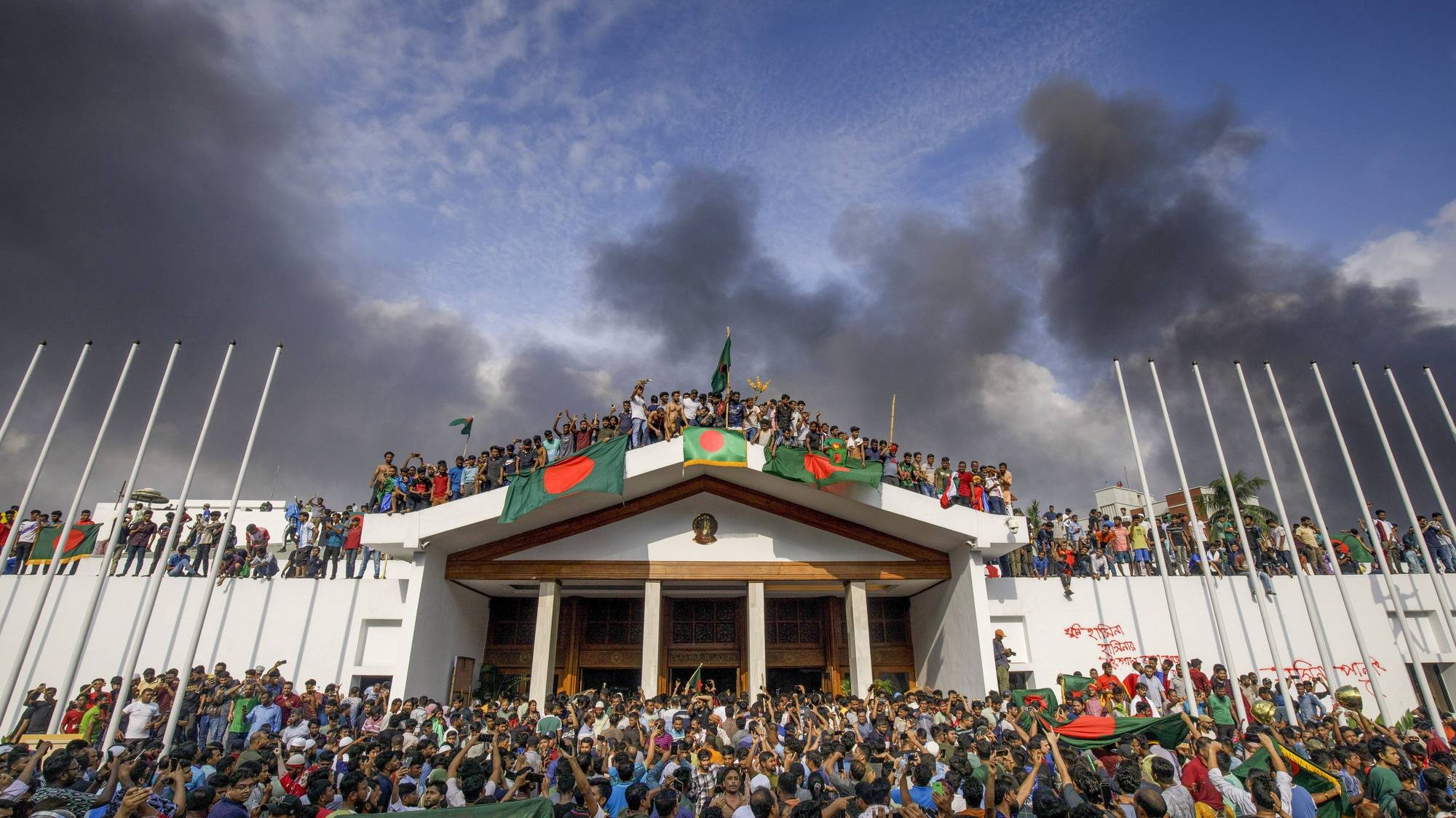Representatives of the student movements indicated that the decision of the interim government was taken after a meeting with the President and those responsible for the security forces.
United Nations Secretary-General António Guterres has called for a “broad national consensus” to hold democratic elections in Bangladesh, after the president appointed Muhammad Yunus as the leader of the interim government.
Guterres “remains aware of all efforts being made to form an interim government and urges all parties to seek a broad national consensus on the formation of a government and a timetable for democratic elections,” Portuguese spokesman Farhan Haq said at a press conference.
US Secretary of State Antony Blinken also assured that Washington is “monitoring the situation” [no Bangladesh] very close” He stressed that “any decision taken by the interim government must respect democratic principles, uphold the rule of law and reflect the will of the people.”
Bangladeshi President Mohammed Shahabuddin on Tuesday appointed economist Yunus, a 2006 Nobel Peace Prize winner, to head the country’s government following the ouster and flight of former Prime Minister Sheikh Hasina on Monday.
Representatives of the student movements, organisers of the weeks of anti-government protests that toppled Hasina and whose repression left more than 400 dead, indicated, in a press conference, that the decision was taken after a meeting with Shahabuddin and the security officials.
“We have given an initial list of the interim government, with representation from civil society and students. We will soon hold talks with the different political parties to finalise it,” said one of the student leaders, Nahid Islam.
Yunus, 84, known as the “banker of the poor,” was awarded the Nobel Peace Prize for founding and designing the Grameen Bank to combat poverty in Bangladesh by providing loans to low-income people.
Yunus attempted to form his own party in 2007 to rival the two largest political forces in the country, Hasina’s Awami League and the Bangladesh National Party.
In 2010, the Grameen Group began facing criticism for its microcredit system and the Hasina government launched an investigation.
The Nobel laureate was sentenced to six months in prison by a Bangladeshi court in January for violating labour laws.
Muhammad Yunus had already guaranteed that he was ready to lead an interim government, in a written statement to the France-Presse news agency.
The interim government’s priority will be to restore order on the streets, following protests that began a month ago to demand the abolition of a quota system for public jobs and ended with demands for Hasina’s resignation following the brutal repression of the demonstrations.
Hasina had been in power for 15 years, making her South Asia’s longest-serving leader.
Source: Observadora
